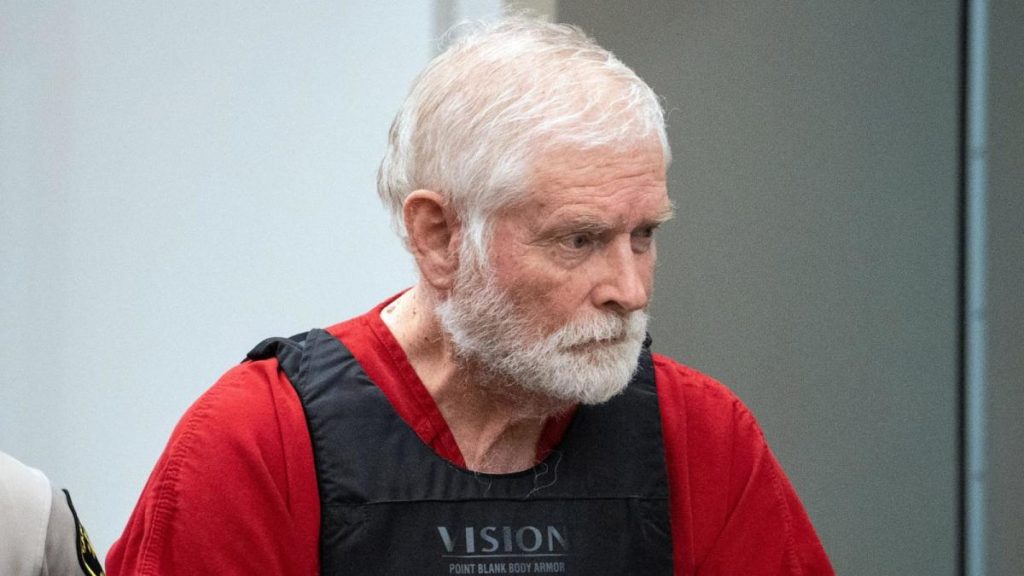A mistrial has been declared in the criminal case against 75-year-old Arizona rancher George Alan Kelly, who was accused of fatally shooting a migrant on his property near the U.S.-Mexico border. The judge made the decision after jurors deliberated since Thursday afternoon. Kelly was charged with second-degree murder and aggravated assault in the fatal shooting of Gabriel Cuen-Buitimea, a 48-year-old migrant from Nogales, Mexico. Prosecutors alleged that Kelly recklessly fired his AK-47 at Cuen-Buitimea from a distance of about 115 yards, fatally striking him in the back.
Throughout the trial, prosecutors highlighted inconsistent statements made by Kelly to law enforcement officials during the investigation. Initially, Kelly claimed he was returning fire after being shot at by a group of armed individuals. However, he later changed his story, alleging that a larger group had approached his property armed with rifles. Authorities later confirmed that Cuen-Buitimea was unarmed, and no evidence was found to support Kelly’s claims of being under attack. Prosecutors argued that Kelly’s actions were unreasonable, given that the migrants were unarmed and posed no immediate threat to him.
Kelly’s defense team attempted to challenge the prosecutor’s version of events and accused law enforcement officials of bias. They claimed that Kelly was acting in self-defense and fired warning shots above the group to protect himself and his wife. The defense also suggested that Cuen-Buitimea may have been shot by someone else in the group, and not by Kelly himself. However, lead detective Jorge Ainza testified that the trajectory of the bullet that struck Cuen-Buitimea pointed directly towards Kelly’s residence, implicating him in the shooting.
During the trial, jurors visited Kelly’s ranch and were shown evidence of shell casings found outside his home that matched the pattern of shots fired in Cuen-Buitimea’s direction. Testimony from Daniel Ramirez, a migrant who was with Cuen-Buitimea, corroborated the prosecution’s claims. Ramirez stated that Cuen-Buitimea was shot and killed by Kelly, and not by any other member of the group. Prosecutors also presented text messages allegedly sent by Kelly that indicated his concerns about drug cartels in the area, suggesting a state of mind that may have influenced his actions on the day of the shooting.
The case against Kelly also included charges of aggravated assault against Ramirez, another migrant who was with Cuen-Buitimea at the time of the incident. Ramirez admitted to being smuggled into the United States but denied any involvement in drug trafficking. Prosecutors argued that Kelly’s actions were excessive and unwarranted, given the circumstances of the situation. The defense maintained that Kelly was acting in self-defense and refuted claims of his guilt by pointing out alleged discrepancies in the evidence presented by law enforcement officials.
Despite the mistrial, the case against George Alan Kelly has raised questions about the use of deadly force against migrants near the U.S.-Mexico border. The legal proceedings have shed light on the challenges faced by residents living in border regions and the complex dynamics surrounding immigration and border security. As the case moves forward, the implications of this incident on immigration policies and border control measures remain to be seen, with both sides continuing to present evidence and arguments to establish the truth of what happened on the day of the fatal shooting.


